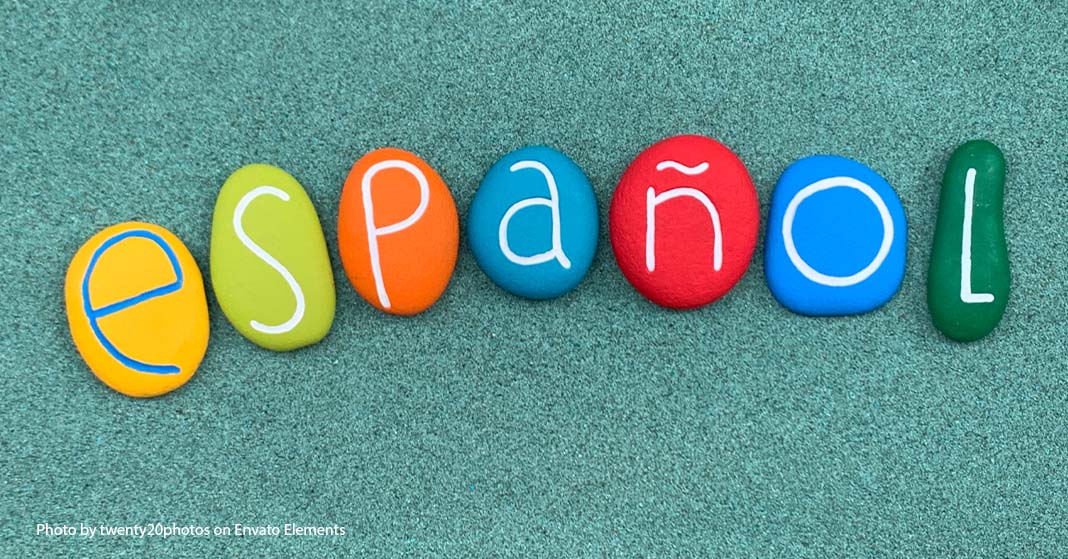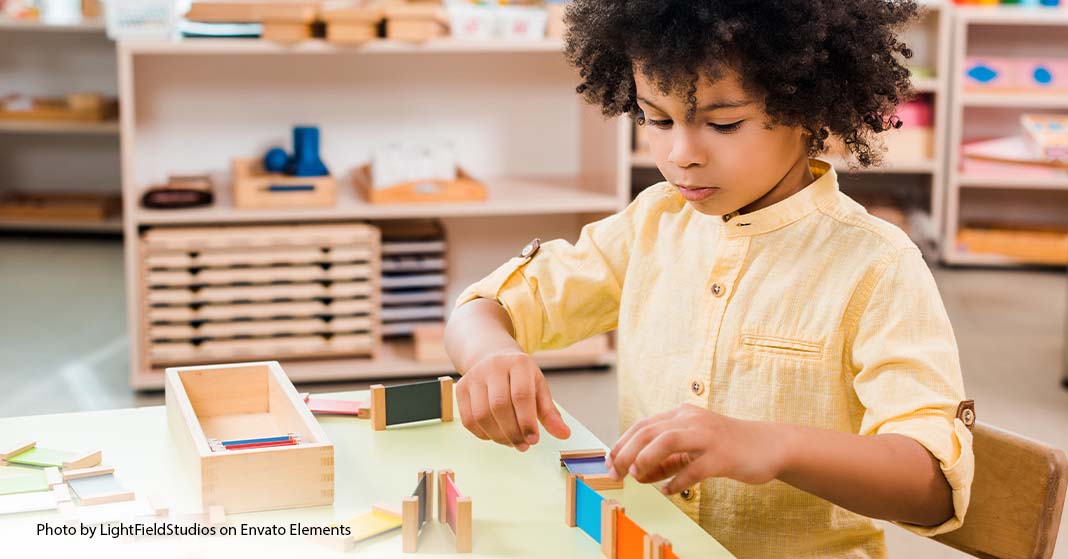
Success with teaching Spanish to kids at home comes from a commitment to making language learning a part of your life, not just a part of your school day. Fluency and communication skills—which are important goals for language learning—come through regular use and practice. If you want to help your kids learn Spanish in your homeschool and you’re not fluent yourself, these tips will help you be successful.
Read more about teaching Spanish


